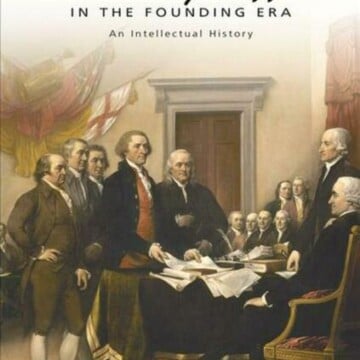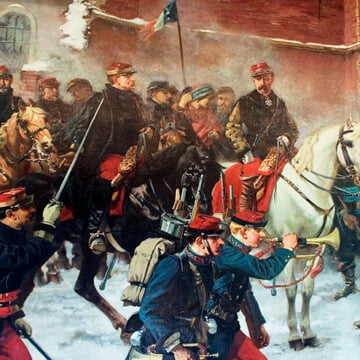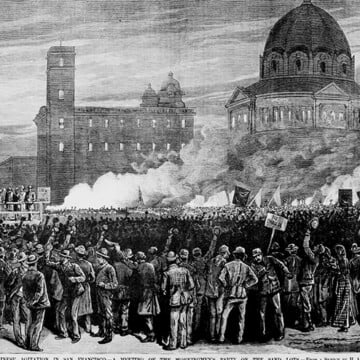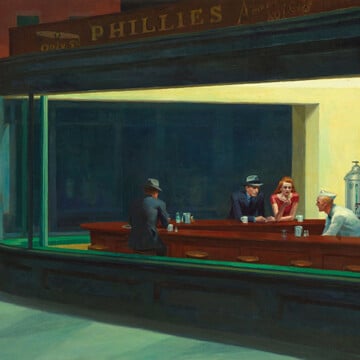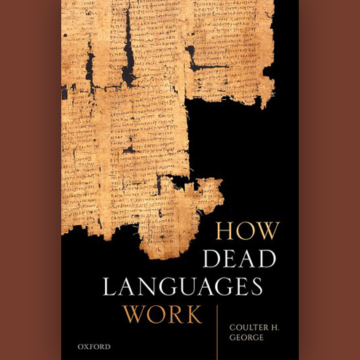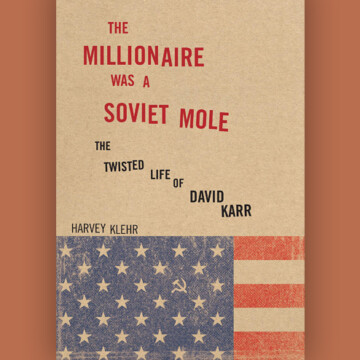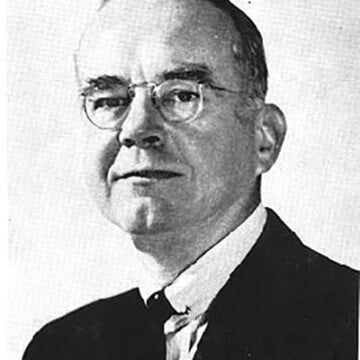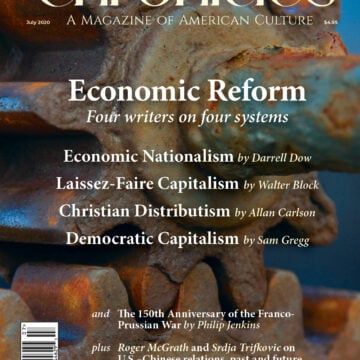Christian distributism celebrates the small and the human. It rests on strong home economies and demands the widest possible distribution and ownership of productive property. It favors worker ownership through cooperatives of necessarily larger machines and enterprises. It seeks and reinforces local communities, bound together by ties of kinship, faith, and trade. It welcomes lifelong,...
What Made the Founders Happy
[The Pursuit of Happiness in the Founding Era: An Intellectual History by Carli N. Conklin; University of Missouri Press; 254 pp., $40.00] The intellectual roots of the American founding and in particular the Declaration of Independence have long been a matter of debate. Over the years, several major interpretations emerged. The first and most venerable...
Greater Than the French Revolution
On July 15, 1870, the French Empire mobilized its armed forces, and the following day, the North German Confederation—led by Prussia—followed suit. Once the Franco-Prussian War was declared, actual combat began with startling rapidity. The Prussians won a decisive victory at Sedan at the start of September, capturing French Emperor Napoleon III. Even so, the...
The Chinese Exclusion Act
In 1882 Congress took steps to control Chinese immigration with the passage of “An Act to execute certain treaty stipulations relating to Chinese.” The act later became known misleadingly as the Chinese Exclusion Act. In high schools and colleges it’s taught that the act was simply another example of American racism. The real story is more...
Do We Need Economic Reform at All?
If there is anything that we should have learned from the 20th century, it is that socialism turned out to be a colossal failure. That was not, however, obvious to large numbers of Americans at the time. Though they might not have bought into full-blown socialism, many 20th-century American intellectuals, economists, and politicians insisted that...
Managing Rivalry With China
The United States finds itself at a geostrategic crossroads. The moment is comparable to the period between the dispatch of George Kennan’s “Long Telegram” from Moscow in February 1946 suggesting a new strategy for relations with the USSR, and the announcement of the Truman Doctrine in March 1947, pledging U.S. political, military, and economic assistance to...
The Benefits of Solitude
Solitude can offer a blissful disengagement from the horrors of modern-day life, even if it’s forced upon us by a government lockdown. Enforced solitude could even be a spiritual blessing, but for the escapism of television, that medium of absolute rubbish, vulgarity, and violence that Hollywood calls entertainment. As long as we avoid sabotaging diversions, we...
The Philosopher’s Ball Game
[Infinite Baseball: Notes from a Philosopher at the Ballpark by Alva Noë; Oxford University Press; 208 pp., $21.95] I artificially altered my body to become a better baseball player. No, I didn’t take performance-enhancing drugs, though PED use was rampant during my time in professional baseball in the early 2000s. Anabolic steroids, human growth hormone,...
The Case for Laissez-Faire Capitalism
Under laissez-faire capitalism, government is limited to armies, which keep foreign bad guys from attacking us; police, to quell local criminals; and courts, to determine guilt and innocence. This is roughly the position of minimal-government libertarians, or minarchists. The foundation of law in this system is the non-aggression principle (NAP). The NAP provides that anyone...
Cultural Radicalism Is the Problem, Not Bolshevism
Socialism is cool again in America, but it’s not your father’s socialism. It is no longer “the rival but the patsy of state capitalism,” as Nathan Pinkoski writes in a penetrating article in Law & Liberty entitled “The Strange Rise of Bourgeois Bolshevism.” The villain of this new socialism “is not the bourgeois but the...
Anti-Semitism in Antiquity: The Case of Apion
I have a passing interest in a first-century rhetorician and Hellenized Egyptian named Apion, who is the target of a famous polemic by Flavius Josephus, a member of the Jewish priestly class who became the court historian of the Flavian emperors. Published in Greek but known by its Latin name Contra Apionem, Josephus’s diatribe faults Apion for...
Books in Brief
How Dead Languages Work, by Coulter H. George (Oxford University Press; 240 pp., $25.00). If, like University of Virginia classics professor Coulter George, you find dead languages an “endless source of intellectual delight,” then perhaps it’s time to explore Ancient Greek, Latin, Old English, Sanskrit, Old Irish, and Welsh. Admittedly, that esoteric list won’t help...
What the Editors Are Reading
Swedish author Pär Lagerkvist won the Nobel Prize for literature largely on account of his remarkable novel Barabbas (1950). It is like and unlike the best of other such novels based on events surrounding the life of Christ: Henryk Sienkiewicz’s Quo Vadis (1896) and Riccardo Bacchelli’s Lo sguardo di Gesù (The Countenance of Jesus) (1954)....
The Case for Economic Nationalism
The current moment poses a range of social, political, and economic threats. As the institutions of globalism become exhausted, the time is ripe to marry immigration restriction, economic nationalism, and populism into a potent America First program. Globalism is the ideological superstructure and linchpin of ruling class power. In practical terms, it depends upon the...
The Right on Economic Reform
The United States unemployment rate reached nearly 15 percent in April, with more than 40 million people out of work. Despite signs that the economy is getting ready to reopen after its long battering by the coronavirus, more than 20 million people have lost their jobs due to the virus as of the last week...
Excusing Black Violence
In the last weekend of May, I was horrified and astonished that my hometown and current residence of Minneapolis became the locus of a wave of violent rioting, fires, and property destruction that soon spread to the rest of America and throughout the Western world. I’m in my forties now and living relatively safely in...
Aiming Aimlessly
The Hunt (2020) Directed by Craig Zobel ◆ Screenplay by Nick Cuse and Damon Lindelof ◆ Produced by Blumhouse Productions ◆ Distributed by Universal Pictures The Most Dangerous Game (1932) Directed by Irving Pichel and Ernest B. Shoedsack ◆ Screenplay by James Ashmore Creelman ◆ Produced and distributed by RKO Radio Pictures The Candidate (1972)...
Madison Avenue’s Soviet Mole
[The Millionaire Was a Soviet Mole: The Twisted Life of David Karr by Harvey Klehr; Encounter Books, 2019; 288 pp., $25.99] A distinguished professor of history at Emory University, Harvey Klehr has in a number of books exposed the workings of foreign communists and their American counterparts and fellow travelers in academia, government, the media,...
Artists, Punks, and Techies in the Golden City
If I recall correctly—always a dangerous way to start a sentence—it was sometime in the early to mid-’70s that John D. Berry wrote in his fanzine Hitchhike about a line of thinking that placed value on having “a sense of place.” My memory hasn’t retained where he got this notion from—possibly from an issue of Whole Earth Catalog—but the...
Remembering James Burnham
The ideological trajectory followed by the first generation of neoconservatives, from their early fascination with Marxism during the Great Depression to their embrace of Cold War anti-communism and subsequent takeover of the Conservative movement, is by now a well-known chapter in American political history. The life and career of James Burnham followed a similar trajectory,...



